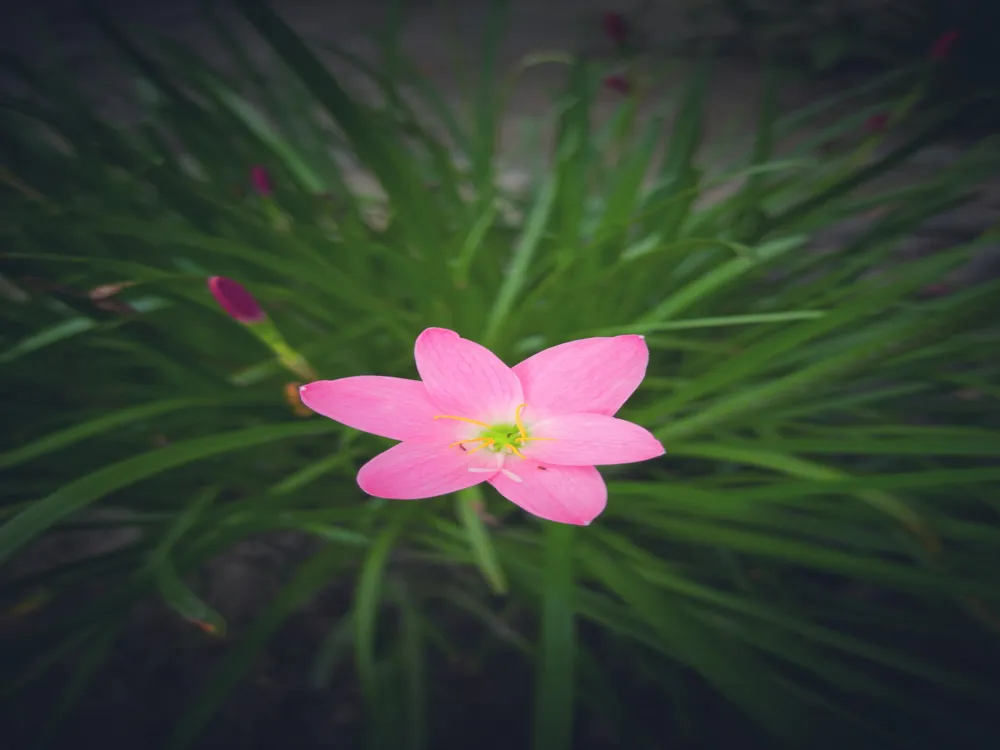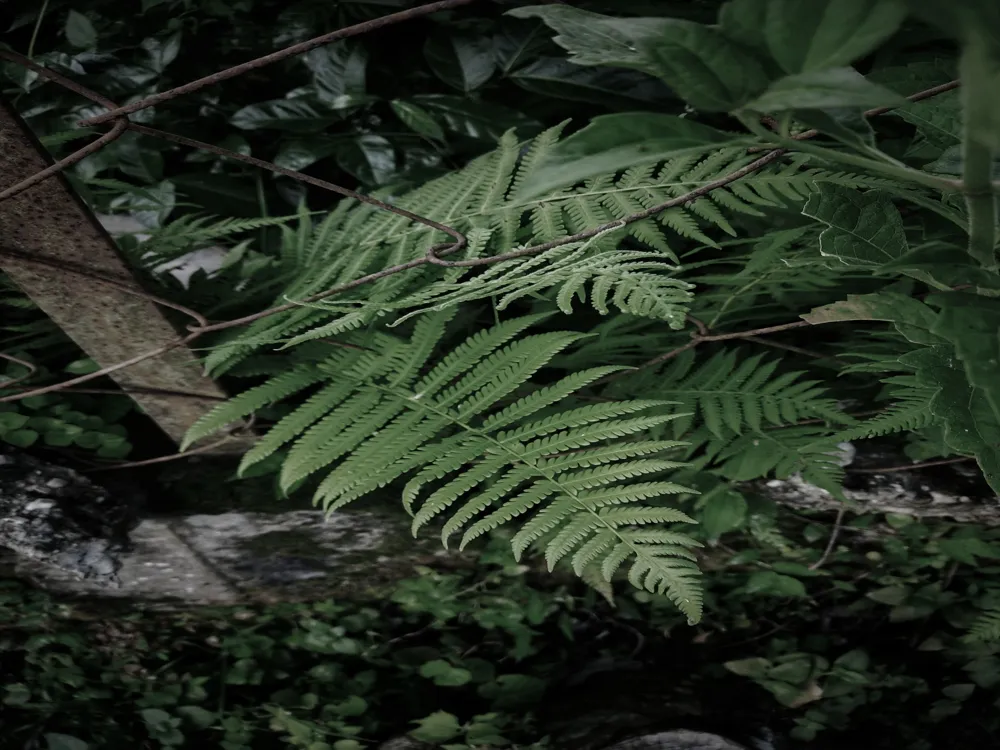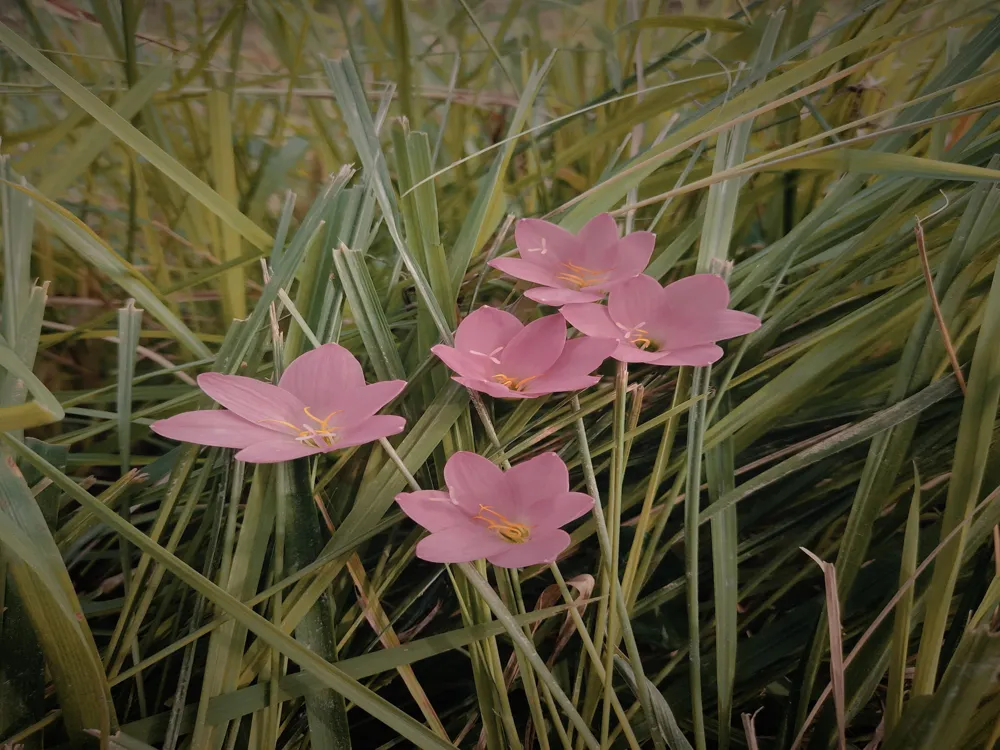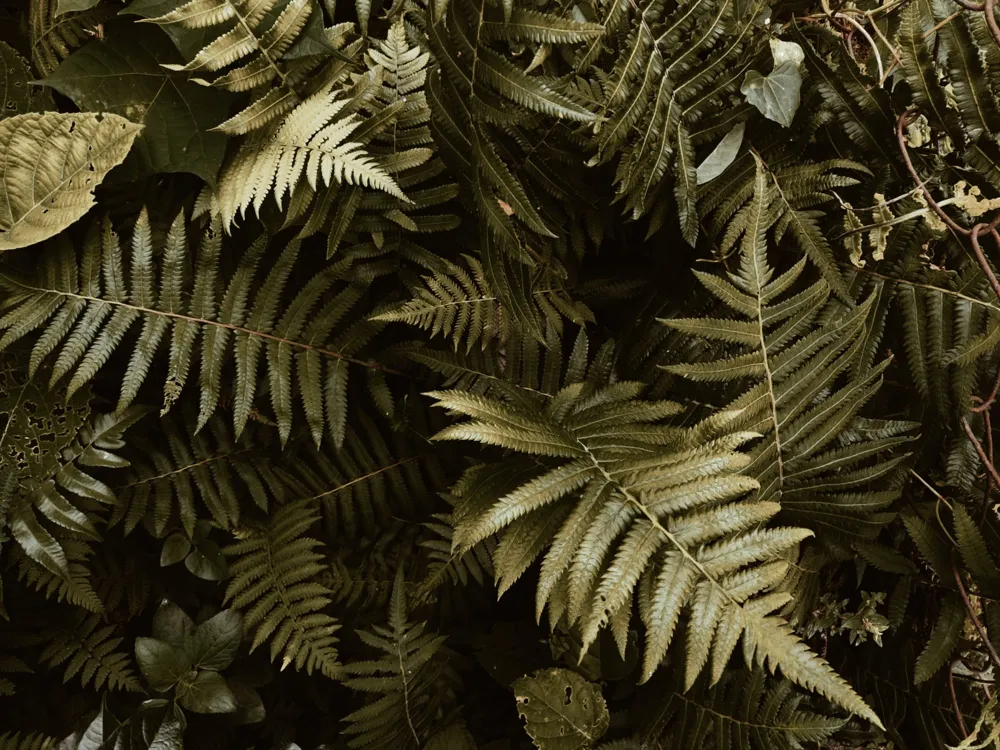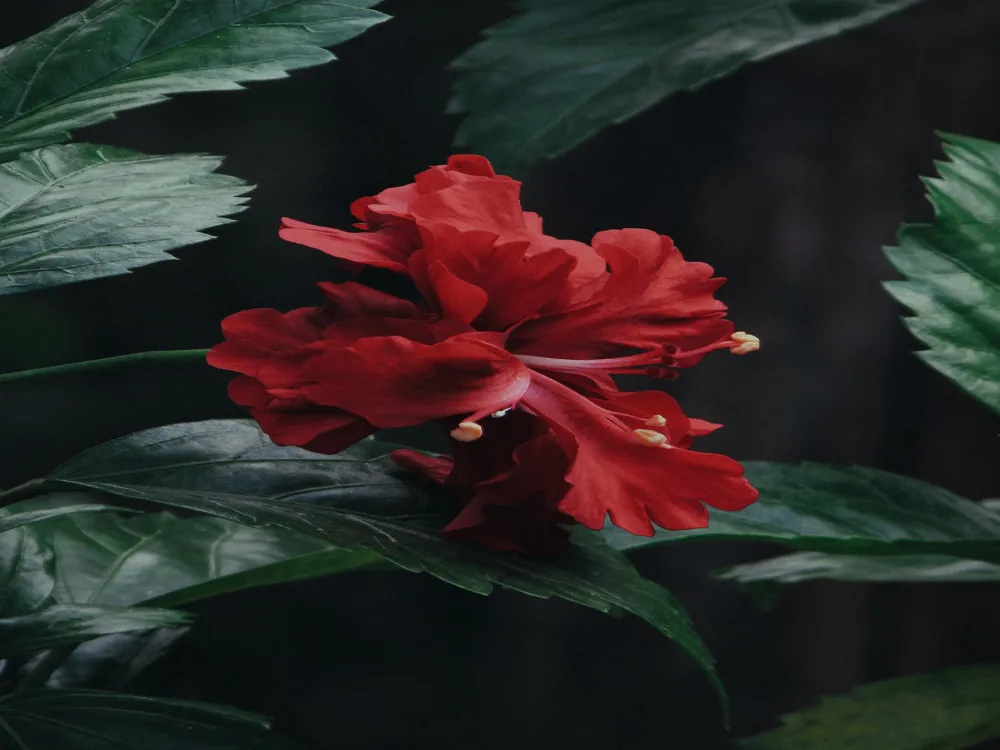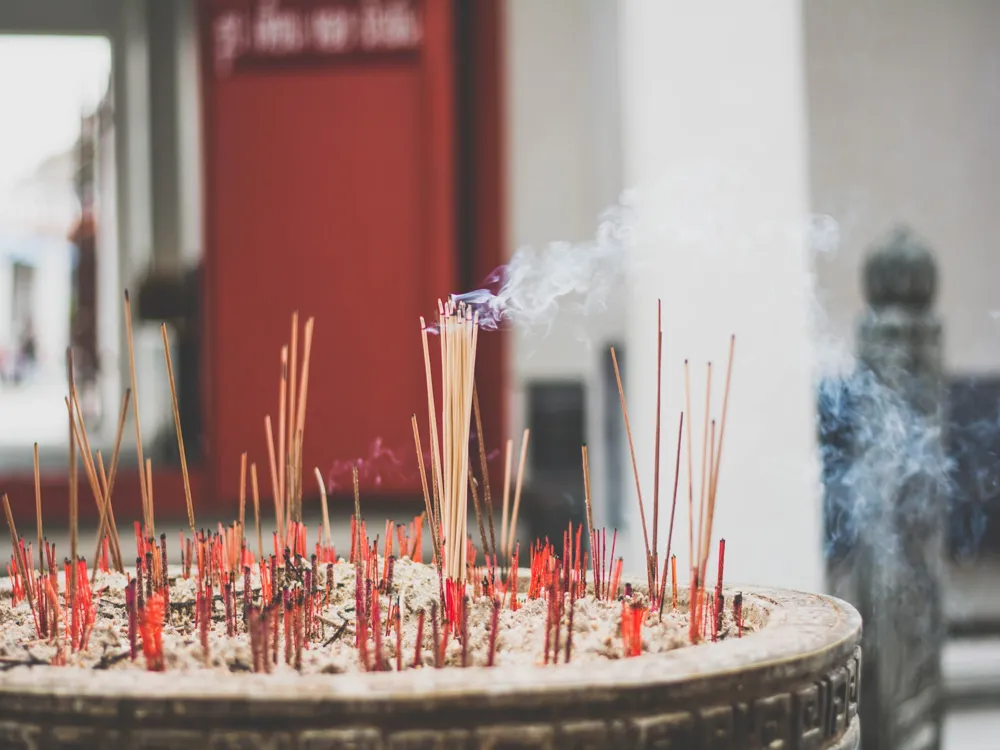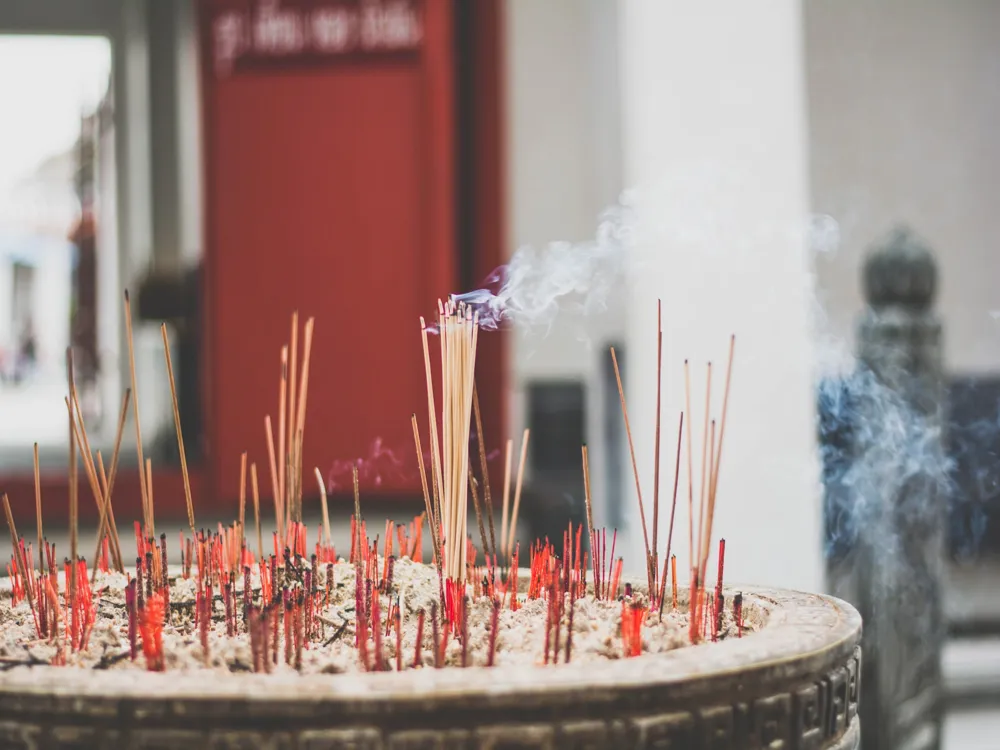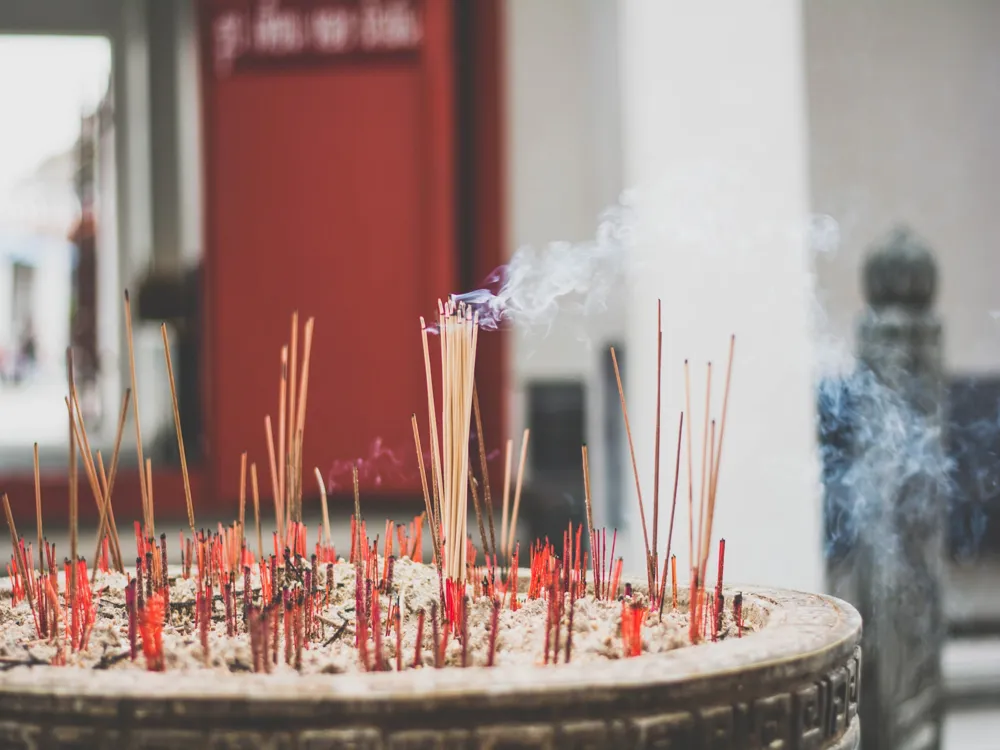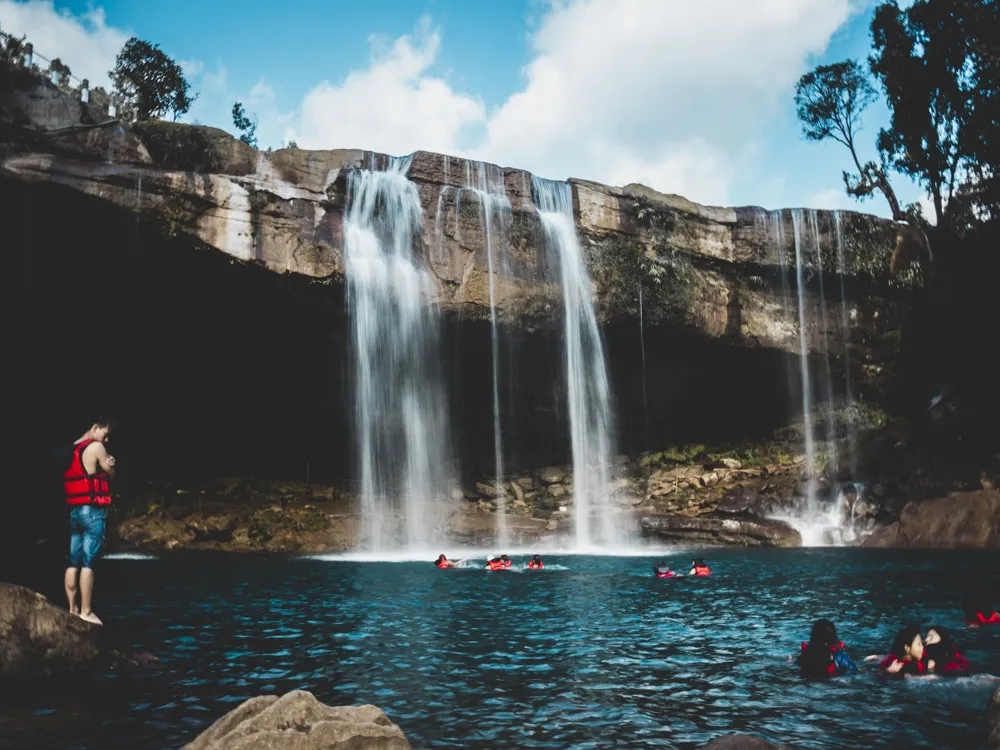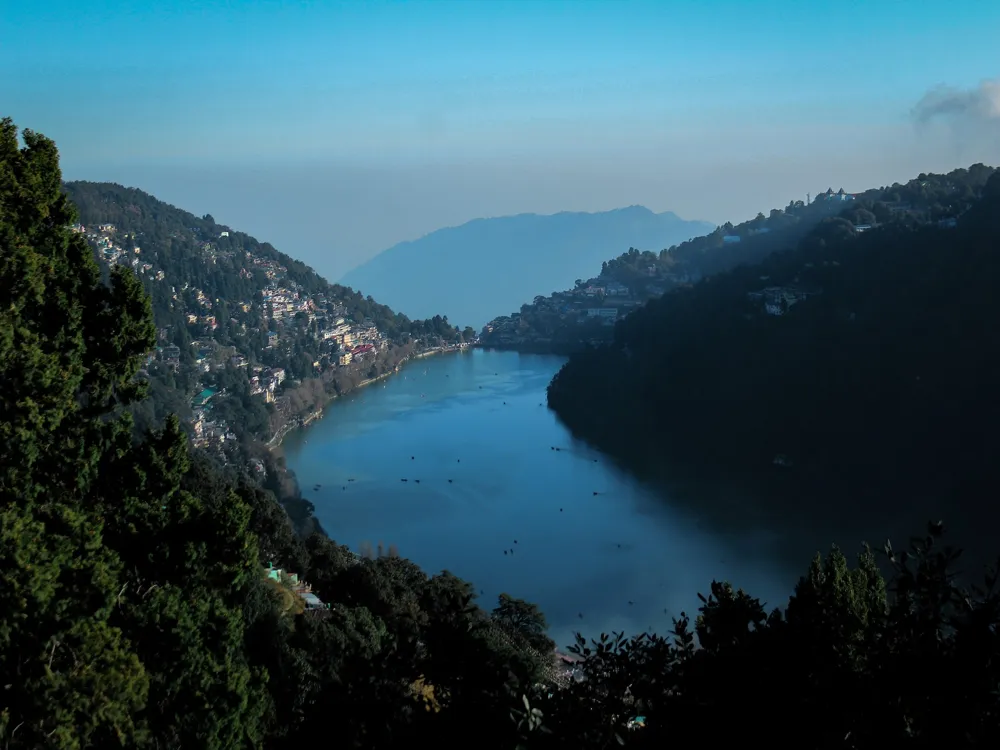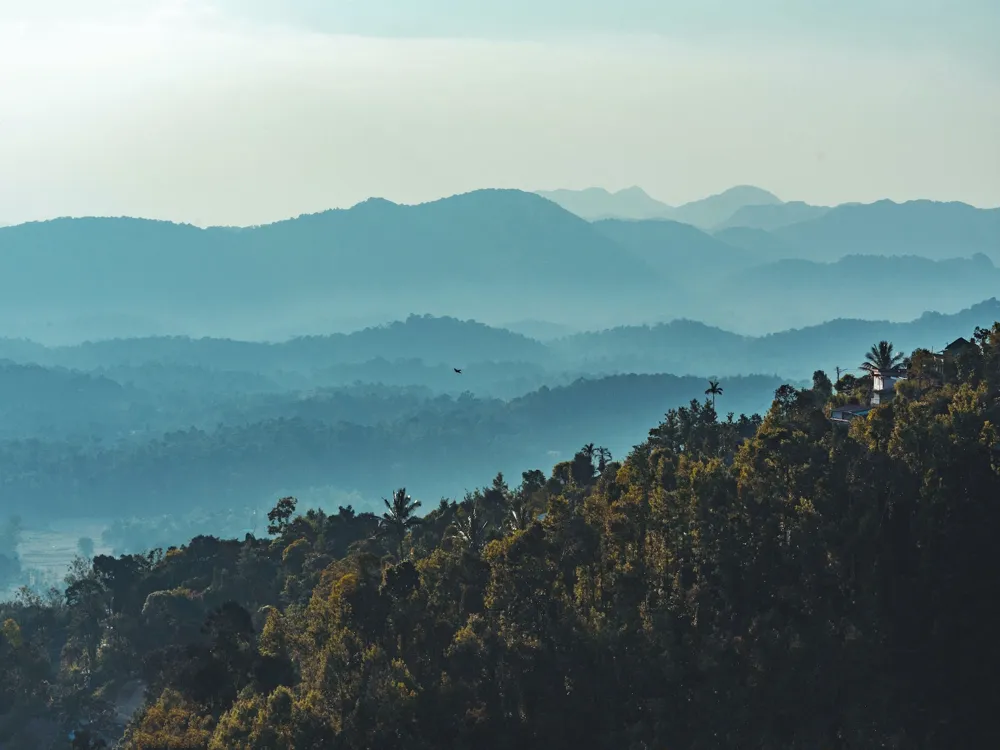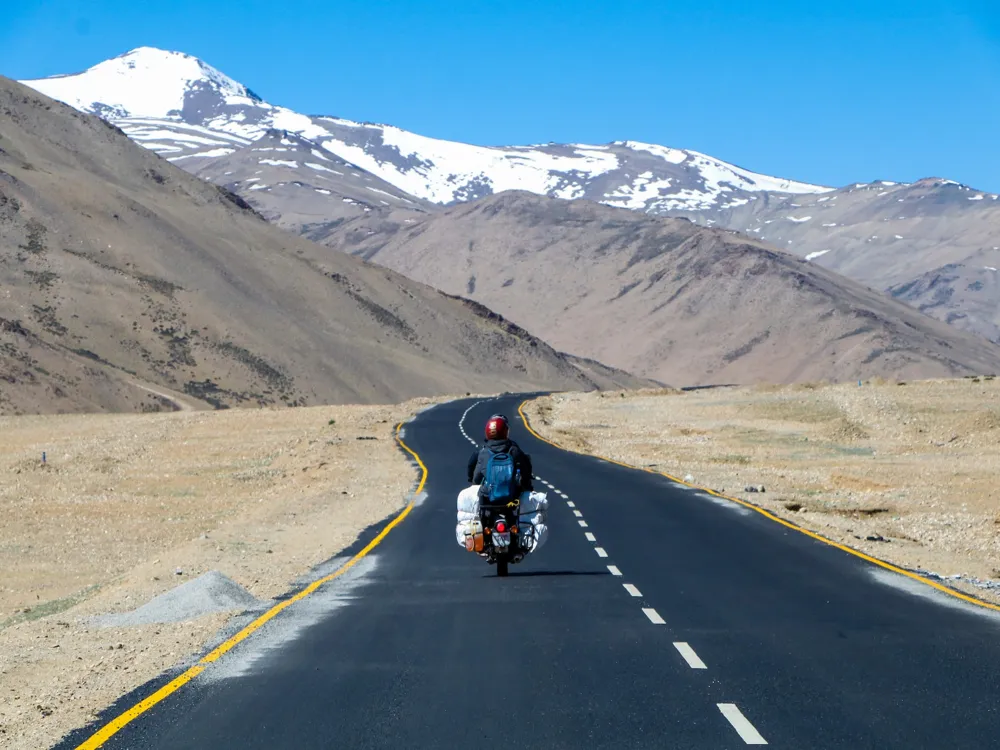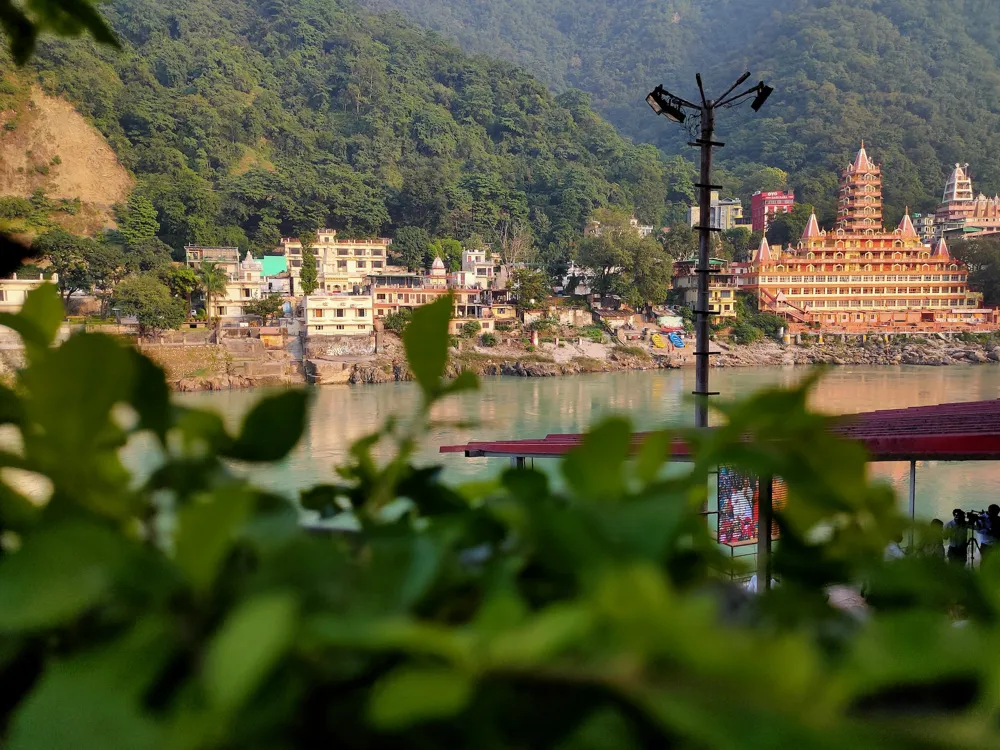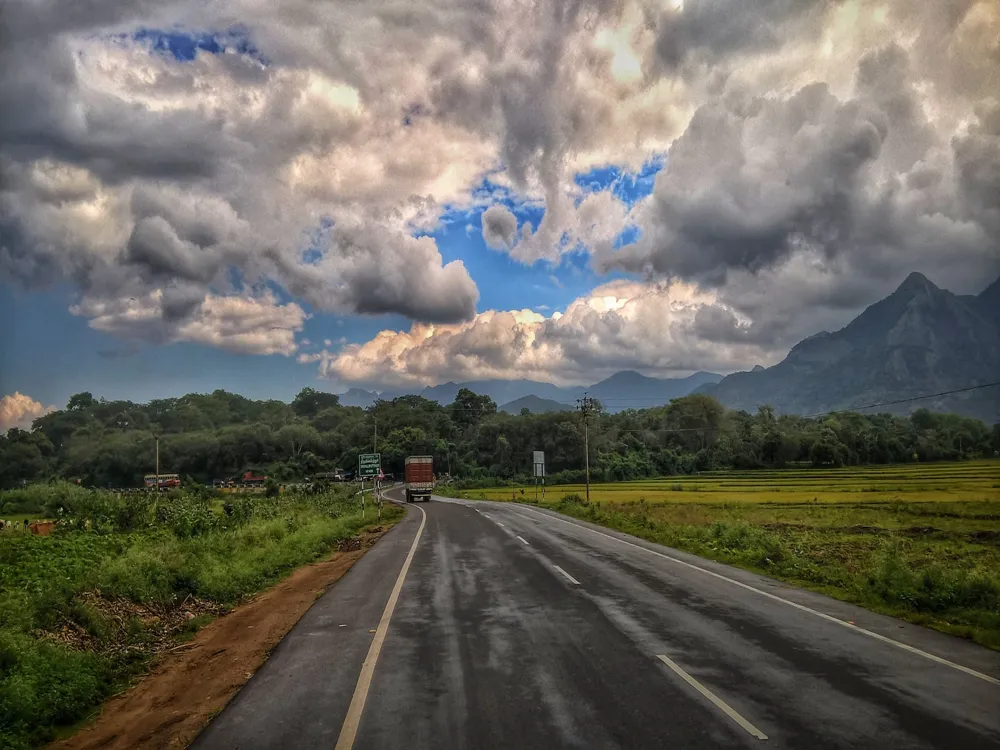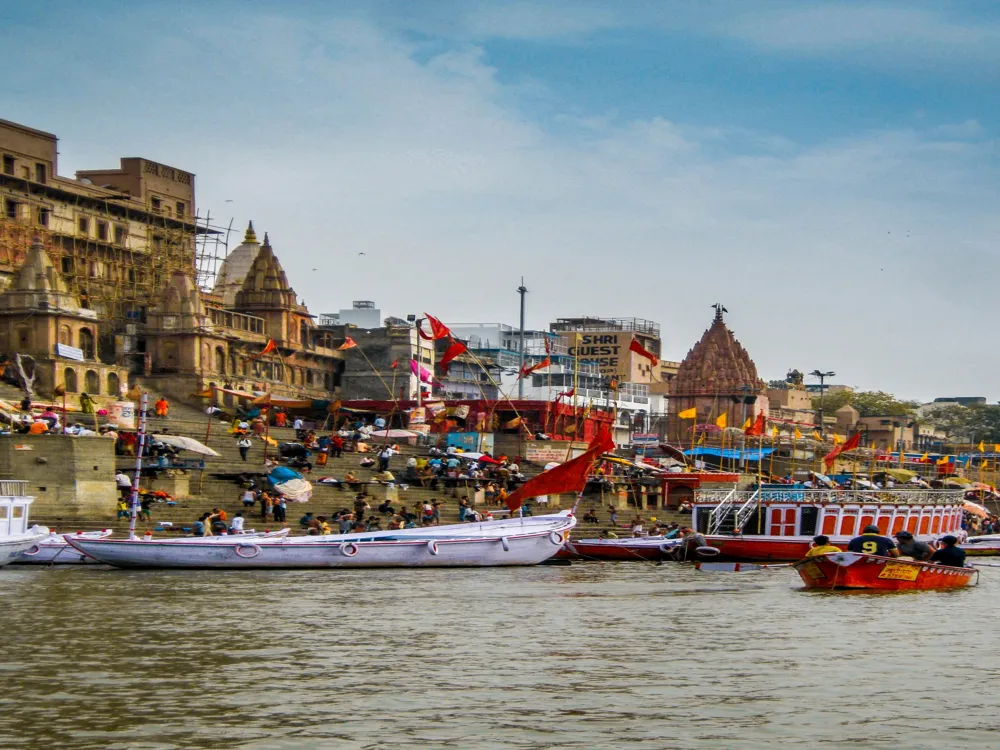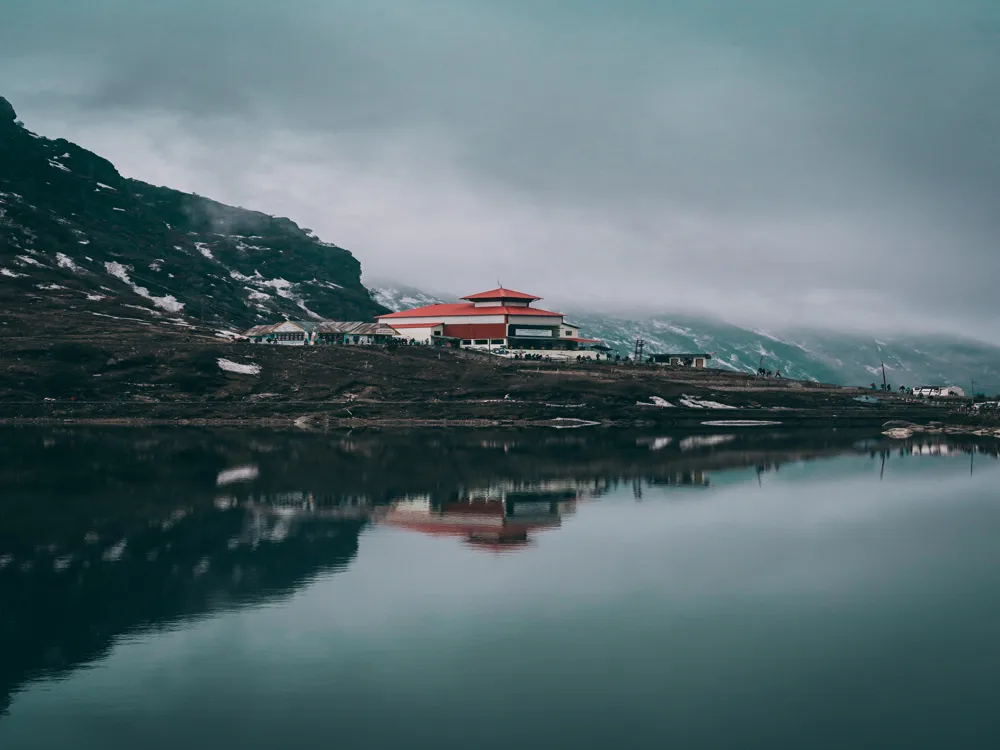Best Time to Visit Nalbari
Assam India
23 out of 28 Places to visit in AssamNaN onwards View Packages
Get Customized PackagesThe Land of Diversity
Top Hotel Collections

Private Pool

Luxury Hotels

5-Star Hotels

Pet Friendly
What is the Best Time to Visit Nalbari?
Nalbari, a town with a rich cultural tapestry in Assam, offers a unique charm throughout the year. To experience its vibrant allure, the best time to visit Nalbari is during the winter months from October to March. The weather during this period is pleasant, with temperatures ranging from 10°C to 25°C, providing an ideal environment for exploring the cultural heritage, lush landscapes, and local festivities. Choosing the best time to visit ensures a delightful journey through Nalbari's cultural heritage, allowing travelers to immerse themselves in the warmth of its traditions and the scenic beauty of the region.
More about the Best Time to Travel to Nalbari
Travel Peak Season in Nalbari
Nalbari's peak season, from October to March, unveils the town in its most vibrant and culturally significant form. With temperatures ranging from 10°C to 25°C, this period offers an ideal climate for exploring Nalbari's cultural heritage, attending local festivals, and immersing in the warmth of its traditions. The clear skies and mild weather provide an optimal environment for outdoor activities and cultural immersion. Travelers during the peak season can experience Nalbari in its full glory, ensuring a comprehensive and enchanting journey through this cultural gem in Assam.
Travel Offseason in Nalbari
The offseason in Nalbari, primarily from July to September, invites a more tranquil and introspective exploration of its cultural wonders. While occasional rain showers may limit outdoor activities, it's an opportune time for nature enthusiasts to witness Nalbari's surroundings adorned in lush greenery. The offseason invites a quieter ambiance, allowing for a more personalized connection with the cultural heritage, away from the peak-season crowds. Indoor activities, including visits to local museums and art centers, provide a delightful escape during this peaceful and less-explored period.
Nalbari Travel Packages
View All Packages For Nalbari
Nalbari in Shoulder Season
Nalbari in the shoulder seasons, September and April, presents a charming climate with milder temperatures ranging from 15°C to 28°C. It's an opportune time for a more contemplative visit, enjoying the crisp air and serene ambiance. The shoulder seasons offer a quieter atmosphere compared to the peak months, allowing for a more intimate connection with Nalbari's cultural treasures. Whether exploring local art exhibits or savoring moments of tranquility, Nalbari in the shoulder season provides an optimal setting for a rejuvenating and culturally enriching experience.
Nalbari in Hot Season
Nalbari in the hot season, from April to June, experiences warmer temperatures, ranging from 25°C to 38°C. While the heat may be more pronounced, this period offers a unique perspective on Nalbari's cultural richness and festive spirit. Visitors can explore the town's cultural landmarks, indulge in local cuisine, and enjoy the vibrant summer ambiance. The hot season is ideal for those who can withstand warmer temperatures and wish to experience Nalbari's cultural vibrancy amidst a lively and warm atmosphere.
Nalbari in Rainy Season
Nalbari in the rainy season, from July to September, transforms into a lush green landscape with occasional rain showers. While outdoor activities may be limited, the town's cultural sites take on a different charm amidst the verdant surroundings. Travelers during the rainy season can explore Nalbari's cultural wonders indoors, witness the beauty of the monsoon rains, and enjoy a quieter experience away from the crowds. The rainy season in Nalbari invites those who appreciate the beauty of culture and nature, providing a unique ambiance during this less-explored period.
Nalbari in Cool Season
Nalbari in the cool season, from October to March, offers a comfortable and pleasant atmosphere for cultural enthusiasts. With temperatures ranging from 10°C to 25°C, this period is perfect for exploring the town's cultural landmarks, attending festivals, and savoring the tranquility of the surroundings. The cool season sets the stage for a comprehensive and enchanting journey through Nalbari's rich cultural heritage. Whether participating in local celebrations or delving into the art scene, Nalbari in the cool season ensures a memorable and immersive experience in this cultural hub of Assam.
Places To Visit In Nalbari
Nearby Places Nalbari
Nalbari Photos
View All Photos For NalbariBrowse Package Collections
Browse Hotel Collections
Faq
Q: When is the most pleasant weather in Nalbari?
A: Nalbari experiences a pleasant climate during the winter months, from November to February. The temperatures are cooler, making it a comfortable time for outdoor activities.
Q: Is there a specific time to witness cultural events in Nalbari?
A: If you're interested in cultural festivities, plan your visit during the Bihu festival, which usually takes place in April. This celebration is marked by vibrant folk dances and traditional rituals.
Q: What is the monsoon like in Nalbari, and is it a good time to visit?
A: Monsoon, from June to September, brings heavy rainfall to Nalbari. While the lush greenery is a sight to behold, outdoor activities may be limited due to rain. If you enjoy the monsoon ambiance, it could be an offbeat time to visit.
Q: Are there any specific months for birdwatching in Nalbari?
A: Birdwatching enthusiasts should consider visiting Nalbari during the winter months, especially from November to February. Many migratory birds make their way to the region during this time.
Q: Can I visit Nalbari during festivals to experience local culture?
A: Absolutely! Apart from Bihu, Nalbari hosts other cultural events and fairs. Check the local calendar for events like Raas Mahotsav or any religious festivals, and plan your visit accordingly for an immersive cultural experience.


